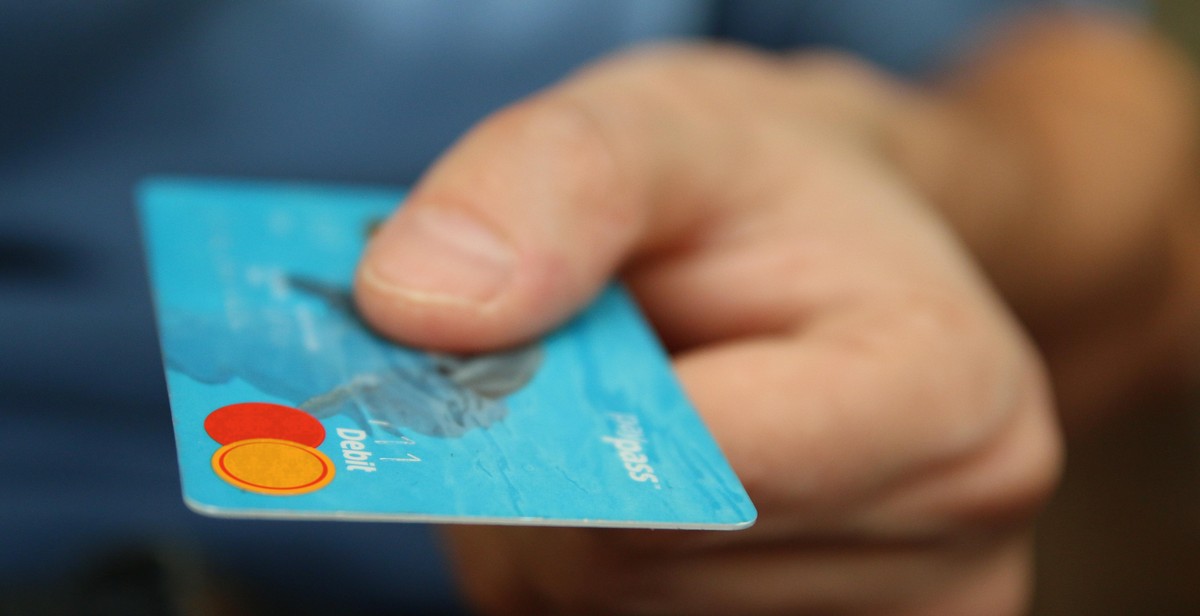Introduction
As a professional content creator with years of experience, I have come across many individuals who struggle with establishing and maintaining good creditworthiness. In today’s world, a strong credit score is crucial for obtaining loans, credit cards, and even renting an apartment. However, building a good credit score is not an overnight process; it requires patience, discipline, and a good understanding of creditworthiness.
In this article, I will share my personal experience and expertise on how to build a strong credit score. We will discuss the factors that affect your credit score, how to establish credit, and ways to maintain good creditworthiness. By the end of this article, you will have a better understanding of how credit scores work and how to take the necessary steps to achieve a strong credit score.
Whether you’re a college student starting to build credit or someone looking to improve their credit score, this article will provide you with valuable insights and tips to help you achieve your financial goals. Let’s dive in!
What is a Credit Score?
A credit score is a numerical representation of a person’s creditworthiness. It is a three-digit number that ranges from 300 to 850 and is calculated by credit bureaus based on a person’s credit history. A credit score is used by lenders, banks, and credit card companies to assess the risk of lending to a person. The higher the credit score, the lower the risk of defaulting on a loan or credit card debt, and the more likely a person is to be approved for credit at favorable terms.
Understanding Credit Scores
There are several factors that go into calculating a credit score, including:
- Payment history: This is the most important factor and includes whether payments were made on time or if there were any missed or late payments.
- Credit utilization: This is the amount of credit being used compared to the total credit available.
- Length of credit history: This is the length of time a person has had credit accounts open.
- New credit: This includes recent credit inquiries and new credit accounts opened.
- Credit mix: This includes the types of credit accounts a person has, such as credit cards, loans, and mortgages.
The three major credit bureaus in the United States are Equifax, Experian, and TransUnion. Each bureau may have slightly different methods of calculating a credit score, so it is important to check all three reports for accuracy.
Why is a Credit Score Important?
A credit score is important because it can impact a person’s ability to get approved for credit and the terms of that credit. A high credit score can lead to lower interest rates, higher credit limits, and better loan terms, while a low credit score can lead to higher interest rates, lower credit limits, and difficulty getting approved for credit altogether.
Having a good credit score is also important for other financial goals, such as renting an apartment, getting a job, or obtaining insurance. Landlords, employers, and insurance companies may check a person’s credit score to assess their financial responsibility and trustworthiness.
| Credit Score Range | Credit Score Rating |
|---|---|
| 300-579 | Poor |
| 580-669 | Fair |
| 670-739 | Good |
| 740-799 | Very Good |
| 800-850 | Excellent |
It is important to monitor credit scores regularly and take steps to improve them if necessary. This can include paying bills on time, keeping credit card balances low, and disputing any errors on credit reports.

How to Establish Good Creditworthiness
Establishing good creditworthiness is crucial for building a strong credit score. A good credit score opens up many financial opportunities, such as getting approved for loans and credit cards with favorable terms and interest rates. Here are some ways to establish good creditworthiness:
Get a Secured Credit Card
One of the best ways to establish creditworthiness is to get a secured credit card. Unlike traditional credit cards, secured credit cards require a cash deposit upfront, which becomes the credit limit. By using a secured credit card responsibly and making timely payments, you can build a positive credit history and establish creditworthiness.
Become an Authorized User
If you have a family member or friend with a good credit score, becoming an authorized user on their credit card can help you establish creditworthiness. As an authorized user, you can use the credit card and build a credit history based on the primary cardholder’s good credit habits. However, it’s important to make sure that the primary cardholder is responsible with their credit card usage.
Pay Your Bills on Time
One of the most important factors that affect your credit score is your payment history. Paying your bills on time is crucial for establishing good creditworthiness. Late payments can have a negative impact on your credit score and make it harder to get approved for credit in the future. Set up automatic payments or reminders to ensure that you never miss a payment.
Keep Your Credit Utilization Low
Your credit utilization ratio is the amount of credit you’re using compared to your credit limit. Keeping your credit utilization low is important for establishing good creditworthiness. Aim to keep your credit utilization below 30% of your credit limit. High credit utilization can indicate to lenders that you’re relying too heavily on credit and may be a riskier borrower.
- Get a secured credit card to establish creditworthiness
- Become an authorized user on someone else’s credit card
- Pay your bills on time to maintain a positive payment history
- Keep your credit utilization low to show responsible credit usage
By following these tips, you can establish good creditworthiness and build a strong credit score. Remember that building good credit takes time and effort, but the rewards are worth it in the end.

How to Maintain Good Creditworthiness
Building a strong credit score is important, but it is equally important to maintain good creditworthiness. Here are some tips to help you maintain a good credit score:
Regularly Check Your Credit Report
Regularly checking your credit report can help you identify any errors or fraudulent activity that may be affecting your credit score. You can get a free credit report from each of the three major credit bureaus every year. Make sure to review your credit report carefully and dispute any errors or inaccuracies.
Keep Old Credit Accounts Open
One of the factors that affect your credit score is the length of your credit history. Keeping your old credit accounts open can help you maintain a long credit history, which can positively impact your credit score. However, if you have old credit accounts that you no longer use, it is important to monitor them to ensure that there is no fraudulent activity.
Avoid Applying for Too Many Credit Accounts at Once
When you apply for credit, it can result in a hard inquiry on your credit report, which can negatively impact your credit score. Applying for too many credit accounts at once can also indicate to lenders that you are a high-risk borrower. It is important to only apply for credit when you need it and to space out your credit applications.
| Tip | Description |
|---|---|
| Regularly Check Your Credit Report | Check your credit report for errors or fraudulent activity |
| Keep Old Credit Accounts Open | Maintain a long credit history by keeping old credit accounts open |
| Avoid Applying for Too Many Credit Accounts at Once | Only apply for credit when you need it and space out your credit applications |
By following these tips, you can maintain good creditworthiness and continue to build a strong credit score. Remember, it takes time and effort to build and maintain good credit, but it is worth it in the long run.

What to Do if You Have Bad Credit
If you have bad credit, don’t panic. There are several things you can do to improve your credit score. Here are some tips:
Create a Plan to Pay Off Debt
One of the best things you can do to improve your credit score is to pay off your debt. Create a plan to pay off your debt by focusing on the debts with the highest interest rates first. Make sure to make at least the minimum payments on all of your debts to avoid late fees and penalties.
Consider a Balance Transfer
If you have credit card debt with a high interest rate, consider transferring the balance to a card with a lower interest rate. This can help you save money on interest charges and pay off your debt faster.
Get a Co-Signer
If you’re having trouble getting approved for credit on your own, consider getting a co-signer. A co-signer is someone who agrees to be responsible for the debt if you can’t make the payments. This can help you get approved for credit and improve your credit score.
Work with a Credit Counselor
If you’re struggling to manage your debt on your own, consider working with a credit counselor. A credit counselor can help you create a budget, negotiate with creditors, and develop a plan to pay off your debt.
| Pros | Cons |
|---|---|
| Can help you create a budget | May have fees |
| Can negotiate with creditors | May not be able to help with all types of debt |
| Can develop a plan to pay off debt | May take time to see results |
